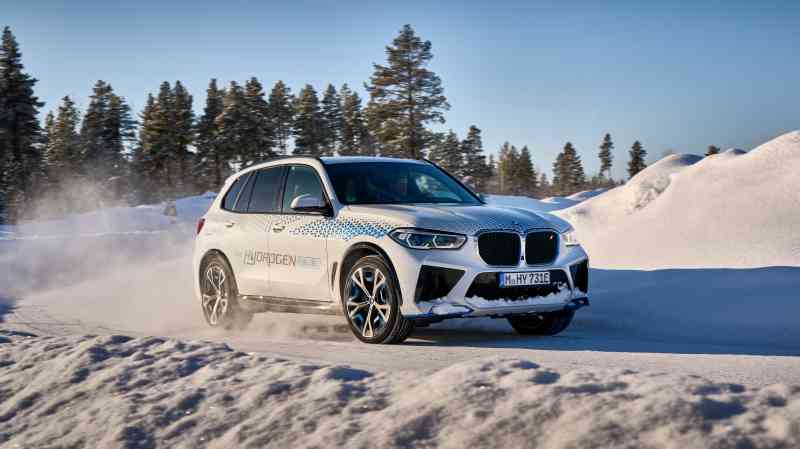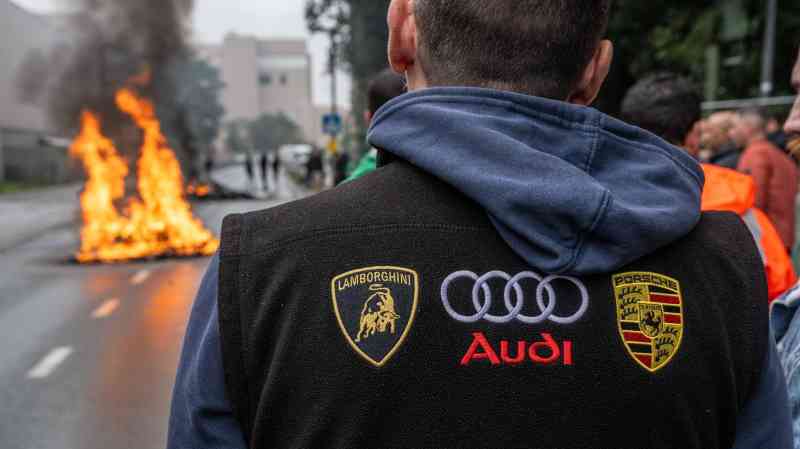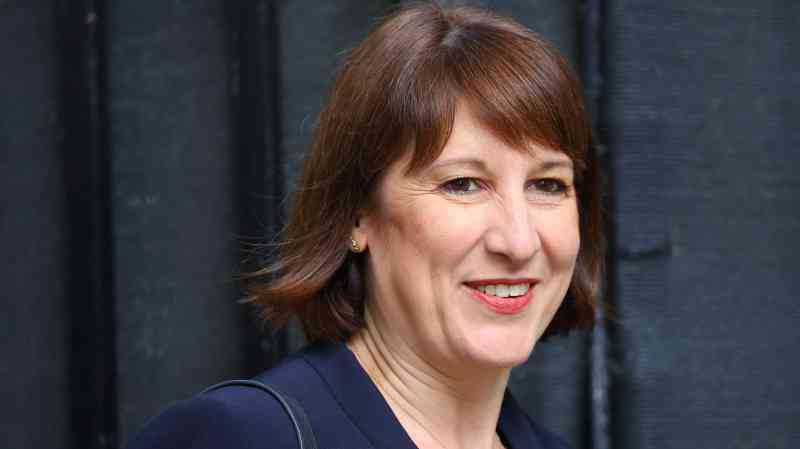BMW to start selling hydrogen cars from 2028
BMW will deliver its first volume-produced hydrogen-powered cars in 2028 as it increases its bet on the future of the next-generation fuel for passenger vehicles.
The German motoring group has been testing iX5 Hydrogen SUV prototypes for two years. Now it says it will risk its reputation that there will be consumer demand in this decade for cars powered by hydrogen fuel cells rather than electric batteries.
“This is a milestone in automotive history,” Oliver Zipse, BMW’s chief executive, said. “It will herald an era of significant demand for fuel cell vehicles.”
The German carmaker said it would be heavily dependent on its established hydrogen fuel cell technology partnership with Toyota, the Japanese manufacturer that also has been a long-term backer of hydrogen. Toyota has been running a small number of Mirai hydrogen cars for nearly a decade but has yet to publicly commit to high-volume production of a fuel cell vehicle model.
Other carmakers, notably Volkswagen, have eschewed the future of hydrogen fuel cells when it comes to passenger cars. Many in the industry argue that hydrogen is best applied in heavy commercial vehicles, lorries and buses, where large numbers of electric batteries and long recharging times are not optimal.
BMW declined to comment on expected production volumes of a hydrogen car, other than it would be “serious”. Nor would it discuss pricing of the model, stating that this would be “customer-driven”.
It also declined to comment on what form of vehicle the hydrogen car would take, but confirmed that it would not be the BMW iX5 Hydrogen that has been in testing in 20 countries, including Britain.
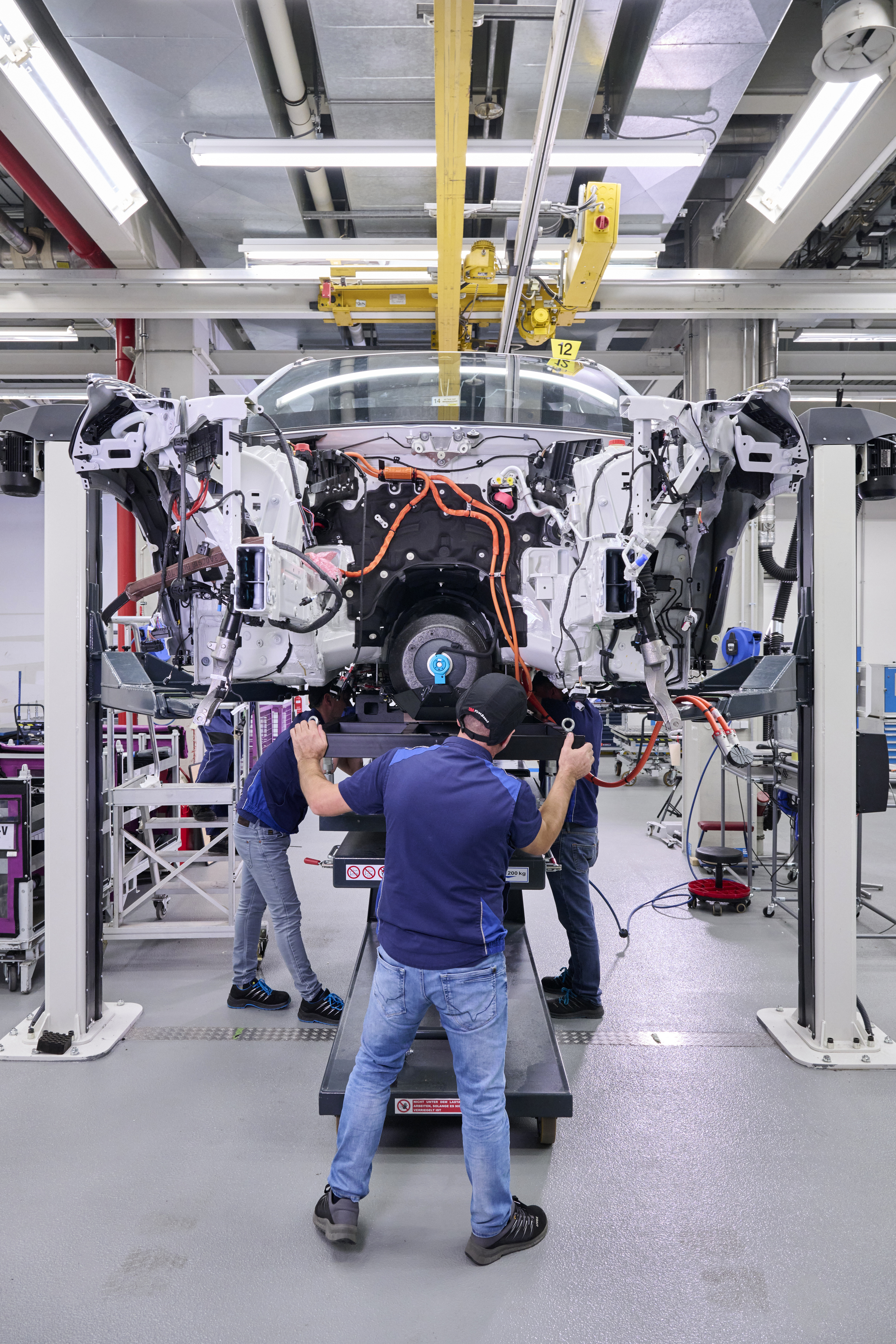
It seems likely that a BMW hydrogen car will be confronted by the same hurdles of price, range and recharging networks that are stalling the mass take-up of battery electric vehicles. Because of the cost of the new technology, hydrogen cars are likely to be more expensive than petrol equivalents, unless BMW is prepared to produce them at a loss.
The iX5 in prototype has a range of only 310 miles, less than a petrol car with a full tank and not much better than the largest battery electric cars. BMW and Toyota are promising 20 per cent increases in efficiency in the next generation of fuel cells, which implies a range nearer 375 miles.
The price of hydrogen is higher than that of petrol and a refuelling infrastructure network remains in its infancy. Citing European Union targets due to be met by the end of 2030 for hydrogen fuelling stations every 200km (125 miles) on main highways across the bloc, BMW said that would mean 600 being in place on the European mainland within six years.
• Hydrogen cars were the future once — might they be again?
“We see that there will be a good development of [refuelling] infrastructure because of the massive need from heavy-duty vehicles,” Michael Rath, BMW’s hydrogen vehicles vice-president, said.
On persuading consumers to switch to hydrogen vehicles, Rath said they were better zero-emission vehicles than battery electric cars for motorists who travel a lot or who tow trailers or caravans. They were far faster refuelling, were good in regions with poor electric-charging infrastructure and performed better in colder climates, he said.
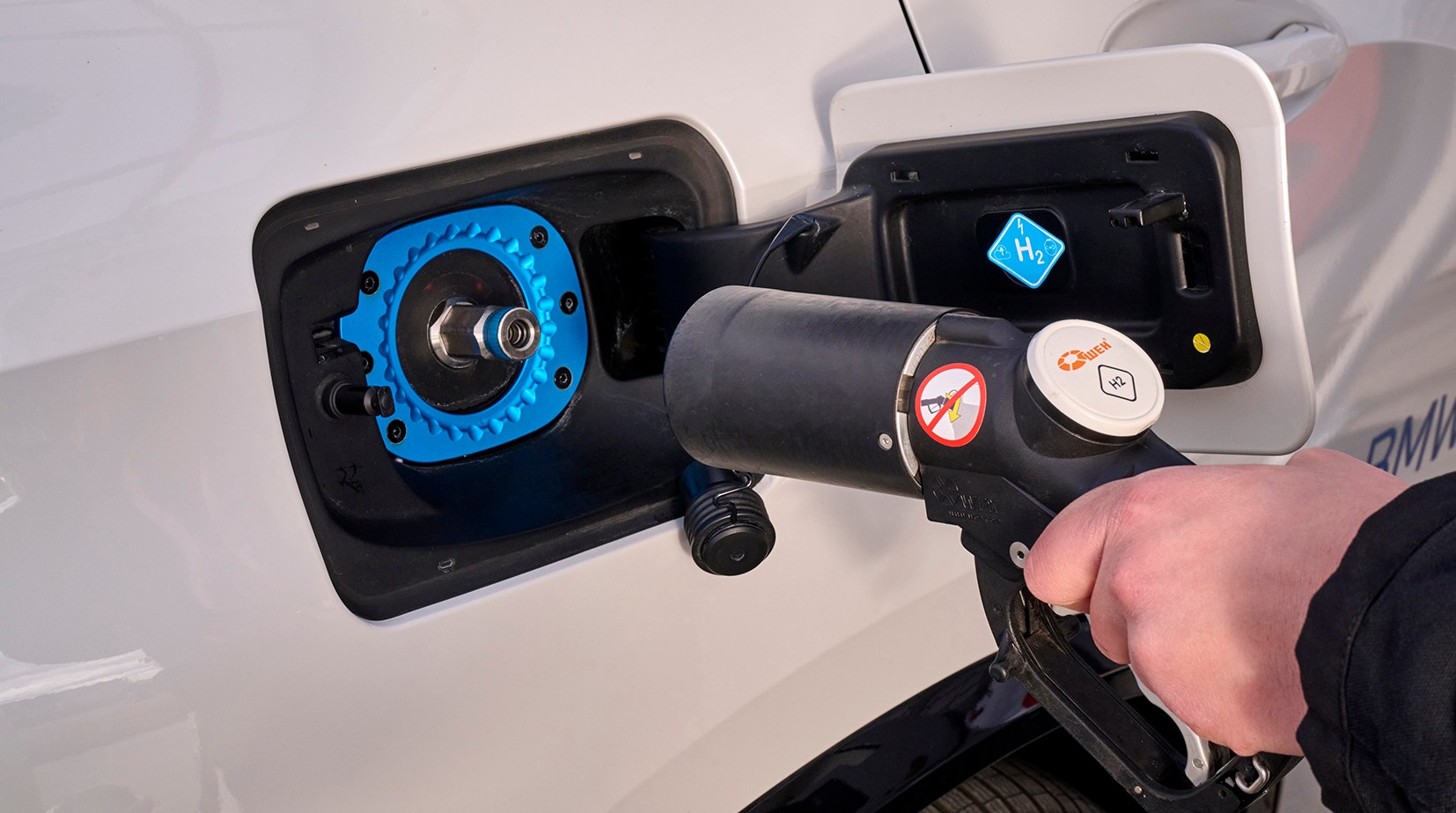
Hydrogen fuel cell vehicles were not being designed to replace battery electric cars, Rath insisted. “They are not competing technologies, they complement each other. They are both electric cars but with alternative ways of storing energy. Hydrogen fuel cells give the best of both worlds, electric driving and quicker refuelling.
“Backing battery electric only would be like standing on one leg. Yes, you can do it, but not for long. That is why we need a second electric leg.”
